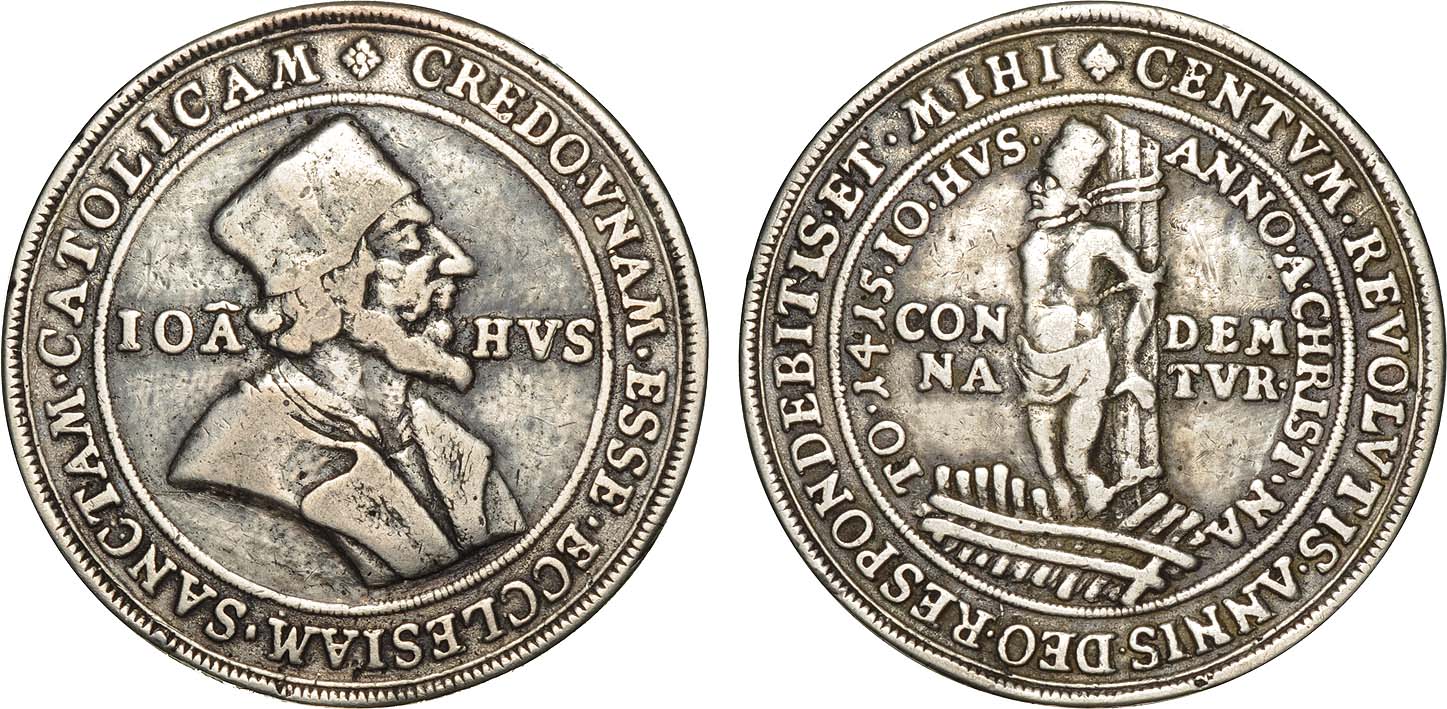Taking Things for Granted
Bruce's Beat
7-4-2015
We meet each Lord's Day and we give our best to God. As we worship Him in Spirit and in truth, we are the recipients of so many blessings in our worship; in our understanding of God's will; and in the encouragement for day to day living for Christ. Yet, we can take these things for granted. Believing them to always be available to us, we can approach worship with a "take it or leave it" attitude. Knowledge of the great struggles that have taken place in Church history can help us avoid taking our spiritual blessings for granted.
Did you know that 600 years ago, the common people were denied the cup when the fruit of the vine was offered in the Lord's supper? Due to the clergy/laity division and the belief in transubstantiation (that the elements of the Lord's supper are transformed into the actual body and blood of the Lord), the people were denied access to the contents of the cup.
In the city of Prague in Bohemia, a priest by the name of Jan Hus began a dramatic change of life. The crucial influence was his attentive study of the Bible. Through his study, he became convinced that the Bible did not teach a distinction between priest and people, nor did it teach the withholding of the communion cup from the people. His conviction gave him courage to preach the truth. Hus reflected on his prior reluctance to preach the truth. "I did not dare to preach the truth plainly and openly. Why are we like that? Surely because some of us are timid, fearing the loss of worldly favor and praise, while others fear the loss of church positions." The Czech people were happy to have full participation in the communion, but the church hierarchy was unhappy. Because of his outspoken criticism of the practice of the sale of indulgences, Hus was condemned by the Council of Constance. Though he knew the fate that awaited him he held true to his convictions. He said, "Even if I should stand before the fire prepared for me, I hope that death will sooner remove me, either to heaven or to hell, than that I agree. I hope with God's grace to stand firm until I am consumed by fire. It is better to die well than to live wickedly. One should not sin in order to avoid the punishment of death. Truth conquers all." (Rabb, 28). In July of 1415, Hus was burned at the stake for following the courage of his convictions.

This bit of history may seem trival, but Hus' actions were important. His dissent from the pratices of his day was a step forward in asserting the authority of the Bible over the word of popes and councils. It was a step forward in restoring the "priesthood of all believers." And it was a blessing to the people to have access to the cup which had been enjoyed by Christians in the New Testament.
Remember you are a priest of God - 1 Peter 2:9.
Make self examination as you participate in the Lord's Supper - 1 Cor. 11:22-30.
Do not take your priesthood and your priestly privileges for granted.
Works Cited
Rabb, Theodore K. Renaissance Lives: portraits of an age. New York: Pantheon Books, 1993.
